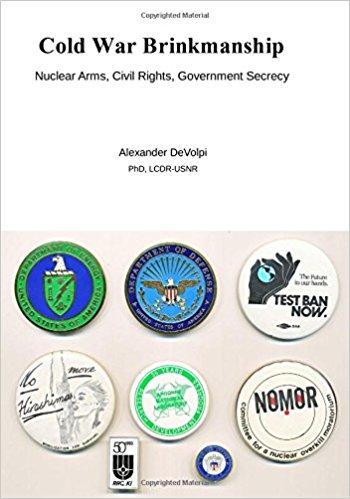Government Secrecy and Censorship
From its beginning, the Federation of American Scientists has been immersed in policies and issues regarding government secrecy and censorship. By the time World War II broke out, the fission process had been observed, followed by detection of the neutron, and recognition of induced uranium fission. In the early 1940s, some scientists in the United States, Great Britain, the Soviet Union, and Germany realized the potential for nuclear weapons.
The three atomic bombs detonated in the summer of 1945 were created and assembled at secret U.S. government sites by a mixed pedigree of scientists, engineers, and military officers. The decision to drop two of them on Japanese cities was determined by military and political events then occurring, particularly in the final year of World War II.
Our Soviet wartime ally, excluded from the American, British, and Canadian nuclear coalition, used its own espionage network to remain informed. Well-placed sympathizers and spies conveyed many essential details of nuclear-explosive development. Through this network, Stalin learned of the Manhattan Project and the Trinity test. As the German invaders began to retreat from Soviet borders, he established his own secret nuclear development project.

Frequent contributor and longtime FAS member Dr. Alexander DeVolpi has just published a new book, Cold War Brinkmanship. Dr. DeVolpi’s firsthand account “chronicles the half-century nuclear crisis,” with several mentions of and citations to the work of FAS. It is available now in paperback on Amazon.
The Federation of American Scientists applauds the United States for declassifying the number of nuclear warheads in its military stockpile and the number of retired and dismantled warheads.
North Korea may have produced enough fissile material to build up to 90 nuclear warheads.
Secretary Austin’s likely certification of the Sentinel program should be open to public interrogation, and Congress must thoroughly examine whether every requirement is met before allowing the program to continue.
Researchers have many questions about the modernization of Pakistan’s nuclear-capable aircraft and associated air-launched cruise missiles.